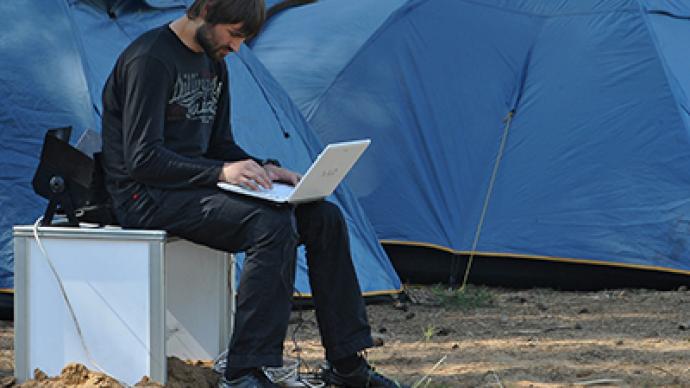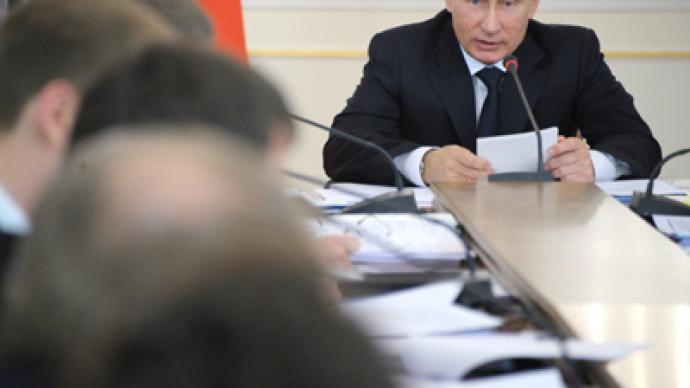The newly formed parliament committee for the mass media will include a public council of expert bloggers with audiences of several thousand users, the head of the new body has said.
The committee made the creation of the expert council of bloggers a separate issue in its program, LDPR MP Aleksei Mitrofanov said in an interview, promising to disclose the details of the plan in the near future. So far, the politician announced that he wanted to include “popular bloggers of the Runet (a colloquial name for the Russian-language segment of the Internet)” in this group. He added that the bloggers’ sex or age will not matter only the popularity of the candidates. The consultative council will comprise those who have tens of thousands of regular readers, Mitrofanov promised. Another author of the project, LDPR MP Vadim Dengin disclosed more details. He said the bloggers will take part in the discussion of all bills that concern the internet so that no one could accuse the MPs that they adopt bills without prior discussion with experts. Dengin added that it was possible the council will include not only bloggers but also professional systems administrators and owners of social networks, both from Russia and from abroad. The MP also said that he had personal ambitions connected with the plans – “I want to fight crime in social networks. I want punishment for the creeps who use social networks to corrupt our children, who fill the internet with pornography, who write mean things about people or publish unverified reports,” the politician noted. The initiative caused little enthusiasm among bloggers. Dmitry Ternovsky, who was among the first candidates Dengin proposed for the council, told reporters that “he had other things to do”.Web guru and a top executive in the blogging platform Livejournal, Anton Nosik, said that he could not figure out the objectives of even the mass media committee within the parliament, to say nothing about the consultative body within the committee. The news came as Russian authorities are struggling to introduce more regulations on the internet. In late August the leading parliamentary party United Russia suggested to amend the new law that reintroduced criminal responsibility for libel with an article that would prosecute anonymous internet users. In November a new law will come into force in Russia that will allow government agencies to block access to sites with hazardous or dangerous information. Providers can contest this decision in court. Previously, a court had to agree the text or other material was extremist so a ban could be put in place.


